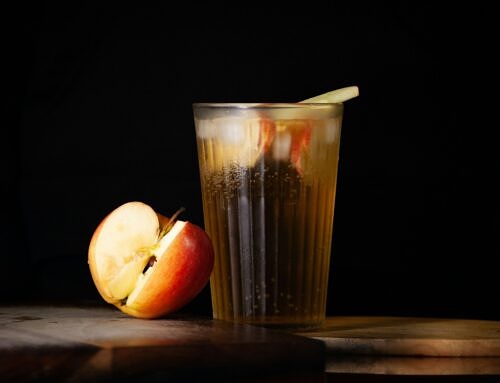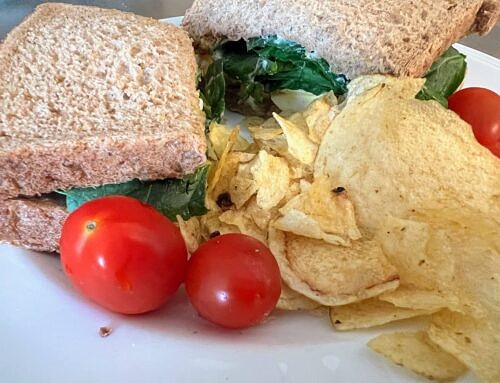
Chocolate
Mmmm chocolate. Many humans love chocolate treats. We hang them on trees, leave them out on the tables, we even leave them in containers on floor. But did you know they have the potential to be even worse for your pets’ health than for yours?
Chocolate can be harmful to both cats and dogs. The problem for both species is the theobromine and caffeine, which contain methylxanthines. These toxins are present in the cocoa, meaning that the richer the chocolate the greater the risk. However, they are present in white chocolate, as well as cooking chocolate. It is possible for just 1oz (28g) of milk chocolate per 1lb (450g) of body weight to be lethal to dogs. Both cats and dogs consuming chocolate (or other caffeinated products) may suffer vomiting, diarrhoea, heart problems, tremors or seizures. In cases of severe toxicity, death may result.
Dog drops are available as treats that are made from carob. This does not contain caffeine and only a trace amount of theobromine (a small enough amount not to be considered harmful). Carob is high in nutrients, containing vitamins B1 (thiamine), B2 (riboflavin) and B3 (niacin), calcium, magnesium, iron and vitamin A. It is even a source of fibre.
With all those great nutrients, wouldn’t it be great if such a treat was made for humans too? Well, it is! Carob bars can be found in the confectionary section of some health food stores. Just take care to check the other ingredients and nutritional information to assess the product’s suitability.
Dried Fruit and Grapes
Again, both these foods can cause toxicity in both cats and dogs – be careful where you put reindeer food or leftovers for the birds!
The reason why these foods are bad for pets is unknown, but even small amounts can result in kidney failure. Early signs in both species is vomiting before becoming lethargic. Other symptoms may include hyperactivity, diarrhoea, reduced appetite, abdominal pain and decreased urination.
Xylitol (Natural Sweetener)
Xylitol is a common sweetener which is used in many foods including sweets, chewing gum, baked goods and diet foods. This is a problem for dogs and cats as it can cause their blood sugar to drop and it may cause liver failure. Early signs of liver failure can include vomiting, lethargy and loss of coordination. Later signs include seizures. Liver failure can occur within just a few days.
Alcohol
Alcohol can affect the liver and brain of cats and dogs in the same way it does humans. However, it takes less alcohol to affect animals than it does us – even foods containing alcohol can cause a problem. While I’m sure you wouldn’t want to spill any alcoholic drink, make sure you clean spills up quickly if there are pets in the room. Just two teaspoons of whisky could leave your 5lb (2.3kg) cat in a coma, a third could kill it. Raw dough may also cause problems as it can create alcohol in the stomach (fermentation) – take care if you have pets and enjoy baking.
Alcohol toxicity in both cats and dogs can cause vomiting, diarrhoea, breathing problems, coordination problems, disorientation, tremors, coma and death.
(If you are thinking about how you’ll support your health better in the New Year, keep an eye out for next week’s post about the nutritional effects of alcohol consumption on humans. It will be available with all my other posts on my blog page: https://alible.diet/blog/)
Macadamia Nuts
While some nuts are OK around pets, macadamia nuts are not good for dogs or cats. It can take only six raw or roasted nuts to make a dog ill. The reason why these nuts can be toxic is unknown.
Symptoms of toxicity can include vomiting, tremors, high temperature and leg weakness. Severe cases may be fatal.
Salty Foods
Salty foods such as crisps and pretzels can make pets extremely thirsty and may lead to toxic levels of sodium. Besides thirst, warning signs can include vomiting, diarrhoea, tremors, seizures, high temperature and a depressed mood. Severe poisoning may be fatal.
Nutmeg
Nutmeg is a lovely ingredient in baked goods, white sauces or other foods. Unfortunately for cats and dogs it contains myristicin, which can be toxic in large amounts. Symptoms of myristicin toxicity can include disorientation, increased heart rate, high blood pressure, dry mouth, stomach pain and seizures.
Lemons and Limes
Would you like a slice in your drink? If so, keep them away from cats and dogs as both lemons and limes can be toxic.
Lemons and limes contain contain a substance called psoralen, as well as limonene and linalool. These can cause gastrointestinal problems with symptoms such as vomiting and diarrhoea. In relatively large amounts, the animal may develop tremors, difficulty walking and liver failure. It could also be fatal. A list of other foods containing these toxins, along with treatment details, can be found here: https://wagwalking.com/condition/lemon-and-lime-poisoning
Diabetes
Like us, cats and dogs can suffer from excess weight and diabetes. Giving too much sugar can do this for dogs, and with cats it can be simply eating too often (not necessarily sugary foods).
References/Further Reading
- Chocolate Toxicosis in Animals – Gwaltney-Brant. https://www.msdvetmanual.com/toxicology/food-hazards/chocolate-toxicosis-in-animals
- The Benefits of Carob – Goldman and Butler. https://www.healthline.com/health/5-best-things-about-carob



